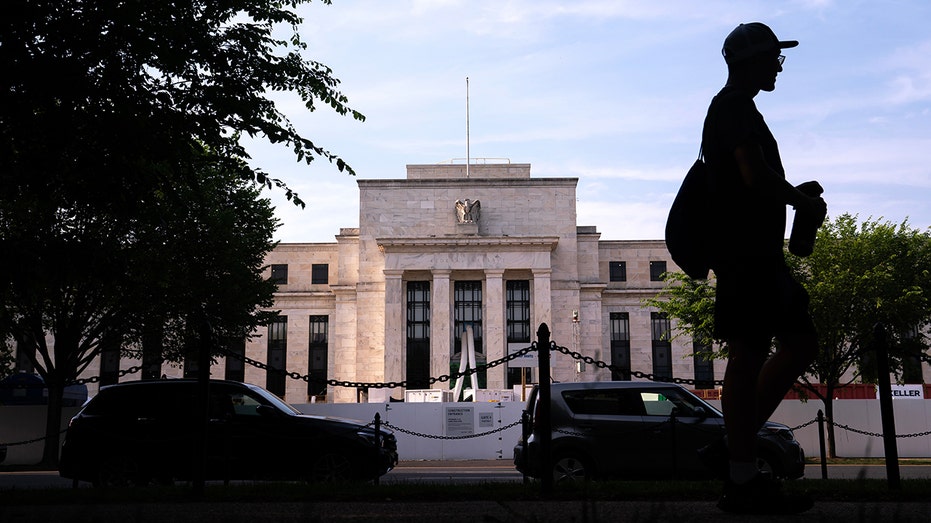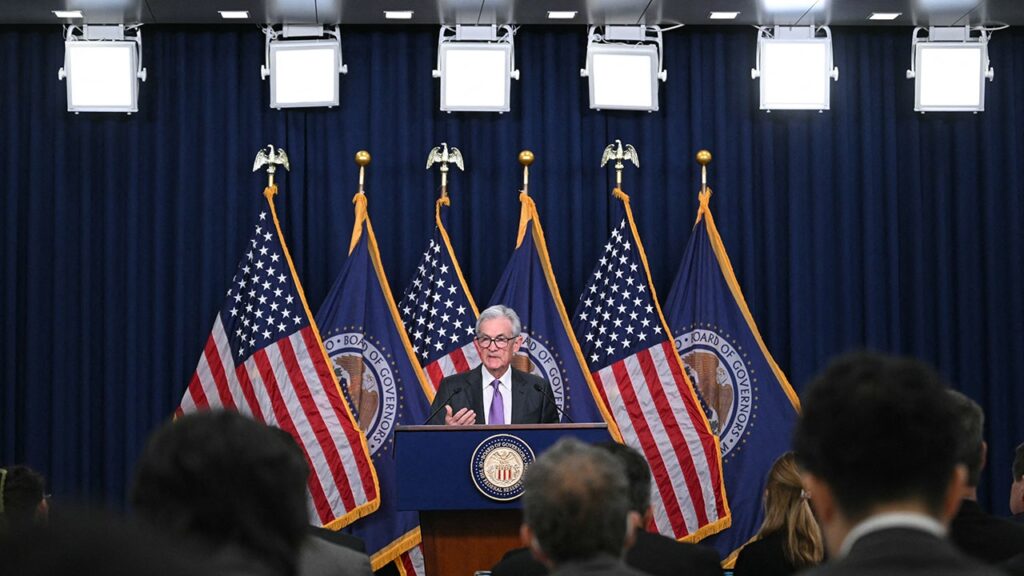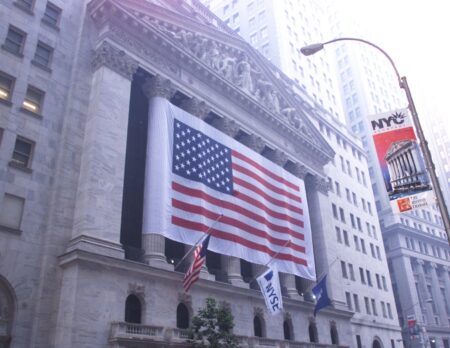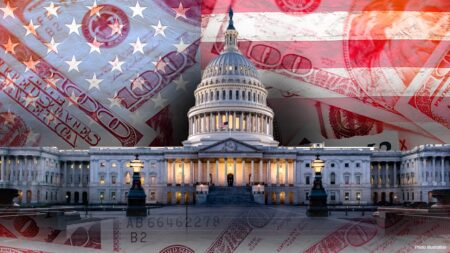Wall Street is bracing for a rare double-header on Wednesday, with fresh inflation data slated for release in the morning and the Federal Reserve expected to announce its interest rate decision in the afternoon.
“It’s all about Wednesday, with the CPI report in the morning and the FOMC meeting statement in the afternoon,” said David Donabedian, chief investment officer at CIBC Private Wealth U.S. “This puts the two biggest issues for the market in one day: inflation and monetary policy.”
Investors will get a chance to see just how hot inflation ran in May, hours before the Fed concludes its two-day meeting and releases a fresh set of economic projections that will reveal where policymakers see interest rates headed this year.
The CPI report and the Fed’s policy-setting meeting have fallen on the same day just seven times since 2014, according to Bank of America. Here’s what to expect from the major events that will shed light on the status of the U.S. economy and that risk rattling stock markets.
FED’S FIGHT AGAINST INFLATION IS WEIGHING ON MIDDLE-CLASS AMERICANS
May inflation data could show ‘sticky’ price pressures
Economists expect the consumer price index, which measures a range of goods that includes gasoline, health care, groceries and rent, to show that prices rose 3.4% in May – unchanged from the previous month.
On a monthly basis, inflation is seen rising 0.1%, down from the 0.3% figure recorded in April.
“That will be the 12th straight month that the CPI has been meandering lazily between 3.7% and 3.1%,” said Robert Frick, corporate economist at the Navy Federal Credit Union. “Several times a string of promising downward readings has been followed by a disappointing series of readings going the wrong way. As a result, CPI has gone nowhere in a year. It’s a maddening, sticky, stubborn situation.”
Other parts of the report are also expected to point to a slower retreat in inflation. Core prices, which exclude the more volatile measurements of food and energy, are projected to climb 3.6% annually. That figure is up slightly from the 3.5% headline gain in April, suggesting that underlying price pressures remain strong.
RENT PRICES ARE STAGNATING, SUGGESTING HIGH INFLATION MAY STICK AROUND
The Fed’s target rate is 2%, although central bank policymakers tend to rely on a different inflation metric known as the personal consumption expenditures, or PCE.
The Labor Department is set to release the data at 8:30 a.m. ET on Wednesday.
Fed expected to hold rates at a 23-year high
Fed officials are widely expected to hold interest rates steady at a range of 5.25% to 5.5%, the highest level in 23 years.
However, investors are even more laser-focused on the updated quarterly economic projections that will be released after the Fed’s meeting, which will include a forecast of where policymakers expect their key rate to be at the end of 2024.
Economists expect the Fed to adjust the so-called dot plot to show there could be two rate reductions this year, instead of the three that policymakers penciled in at their March meeting. Other changes that economists think will be made to the projections could include softer economic growth and higher inflation at the end of the year.
POWELL SAYS FED WON’T RUSH TO CUT INTEREST RATES UNTIL INFLATION IS CONQUERED
Experts also say they will be closely watching Fed Chair Jerome Powell’s press conference at 2:30 p.m. ET to see whether he provides any clues about the future path of monetary policy. Powell is expected to stick to his message that policy is likely at its peak for this tightening cycle but that the central bank needs more evidence inflation is conquered before it pivots to reductions.
“We do not expect any significant changes to the FOMC statement or Chair Powell’s message at the June meeting,” said Goldman Sachs economist David Mericle. “The most notable theme of Powell’s last press conference in May was his pushback against possible rate hikes, but talk of hikes has died down in markets since then.”

Policymakers raised interest rates sharply in 2022 and 2023 to the highest level since the 1980s in a bid to slow the economy and cool inflation. Fed officials are now grappling with when they should take their foot off the brake.
GET FOX BUSINESS ON THE GO BY CLICKING HERE
Most investors now expect the Fed to begin cutting rates in September and are penciling in just two reductions this year – a dramatic shift from the start of the year, when they anticipated six rate cuts beginning as soon as March.
Hiking federal rates tends to create higher interest rates on consumer and business loans, which then slows the economy by forcing employers to cut back on spending. Higher rates have helped push the average rate on 30-year mortgages above 7% for the first time in years. Borrowing costs for everything from home equity lines of credit to auto loans and credit cards have also spiked.
Read the full article here











